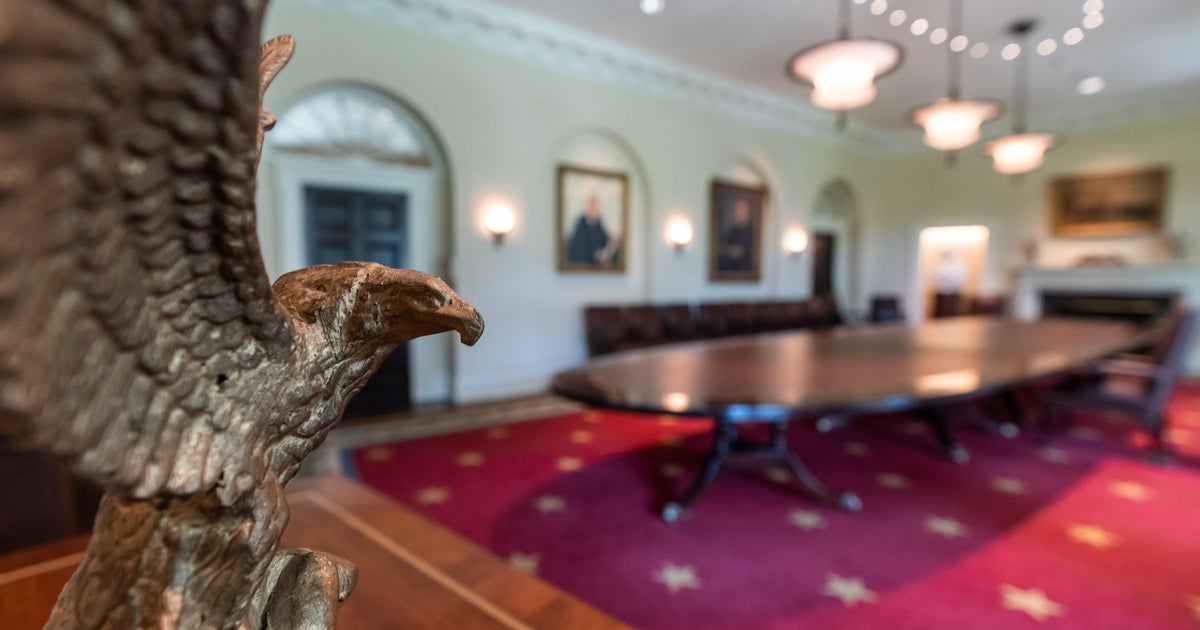Who is Japan's "quiet" new leader, and how will he work with Donald Trump or Joe Biden?
Tokyo — Within the dynasty-heavy ranks of Japanese politicians, Yoshihide Suga, 71, is a distinct outlier. The new Prime Minister of Japan is a farmer's son who worked his way out of the country's snowy hinterlands, through college and up the political ladder on sheer grit and determination.
Suga was chosen on Wednesday, by members of their political party, to replace Prime Minister Shinzo Abe, who has resigned for health reasons.
Unlike his former boss Abe — the son of a foreign minister and grandson of a prime minister who has been accused of being out of touch with the Japanese people — Suga's stunning rise to the pinnacle was accomplished without money, connections, or an iconic political surname.
"He's hardworking, very smart, very capable," Sota Kato, research director for the Tokyo Foundation for Policy Research, told CBS News.
His dour, taciturn public face notwithstanding, Suga is widely described as a shrewd, detail-oriented and formidable backroom operator.
"Although he's smiling, he's quiet, he doesn't talk very much, he is the force behind the scenes," Mieko Nakabayashi, who teaches politics at Tokyo's prestigious Waseda University, told CBS News. "He was the real Abe cabinet."
Certainly few other cabinet members are as single-minded. In recent years, while serving as Abe's spokesman and closest aide, Suga opted to live not with his family, but in the dorm for members of the Japanese Diet (congress).
His daily routine begins with 100 sit-ups and a 40-minute walk, and every meal is shared with a businessperson, scholar or ministry official who can help keep him informed. The day ends with 100 more sit-ups. A teetotaler, Suga says one of his few vices is pancakes.
The looming Suga administration has already been declared "Abe 2.0," with expectations that he'll keep the government focused on structural reforms, such as productivity growth and deregulation, which Abe failed to get off the ground.
"I will take on the initiatives of Prime Minister Abe and do everything I can to take them forward," Suga said, pledging to "create a Cabinet that works for people."
While Abe has been unusually successful among world leaders in managing relations with President Donald Trump, foreign affairs are not Suga's bailiwick. That handicap has already raised concerns.
"He will try to maintain the current relationship" with the U.S., said Kato, "but whether he can build personal relationships is a question mark. He has much less ability than Abe."
Suga is "not going to have one-on-one golf outings with Trump," Tobias Harris, senior vice president of the U.S.-based consulting firm Teneo and an expert in Japanese politics, told CBS News. "So he's definitely starting at a disadvantage, I think."
But Nakabayashi, the politics professor at Waseda who spent 10 years as a U.S. Senate committee aide, said Suga will do whatever it takes to keep relations with the U.S. on an even keel — even if it means bringing Shinzo Abe out of retirement to help.
"The U.S.-Japan relationship is the most important for Japan. Therefore, continuity has a high priority," she said.
While Trump has embraced positions that matter to Japan — voicing support for Japanese citizens abducted by North Korea, and taking a harder line on China — a Biden presidency and a return to a more conventional working relationship would obviate the need for the intense, hands-on personal diplomacy Abe invested so heavily in with Mr. Trump.
"Suga would do better with Mr. Biden's management style," said Nakabayashi.
Harris, who recently published an Abe biography and is familiar with Suga's writings, echoed many other observers who reckon the new prime minister, who will have to stand for election next year after he completes the remainder of Abe's term, will have staying power.
"Suga, I think, gets what voters want," said Harris. If he can keep his own party focused, handle the coronavirus pandemic and its economic repercussions, and manage the challenges of dealing with both the U.S. and China, "there's a lot of reason to think he could win another term and last four years."






